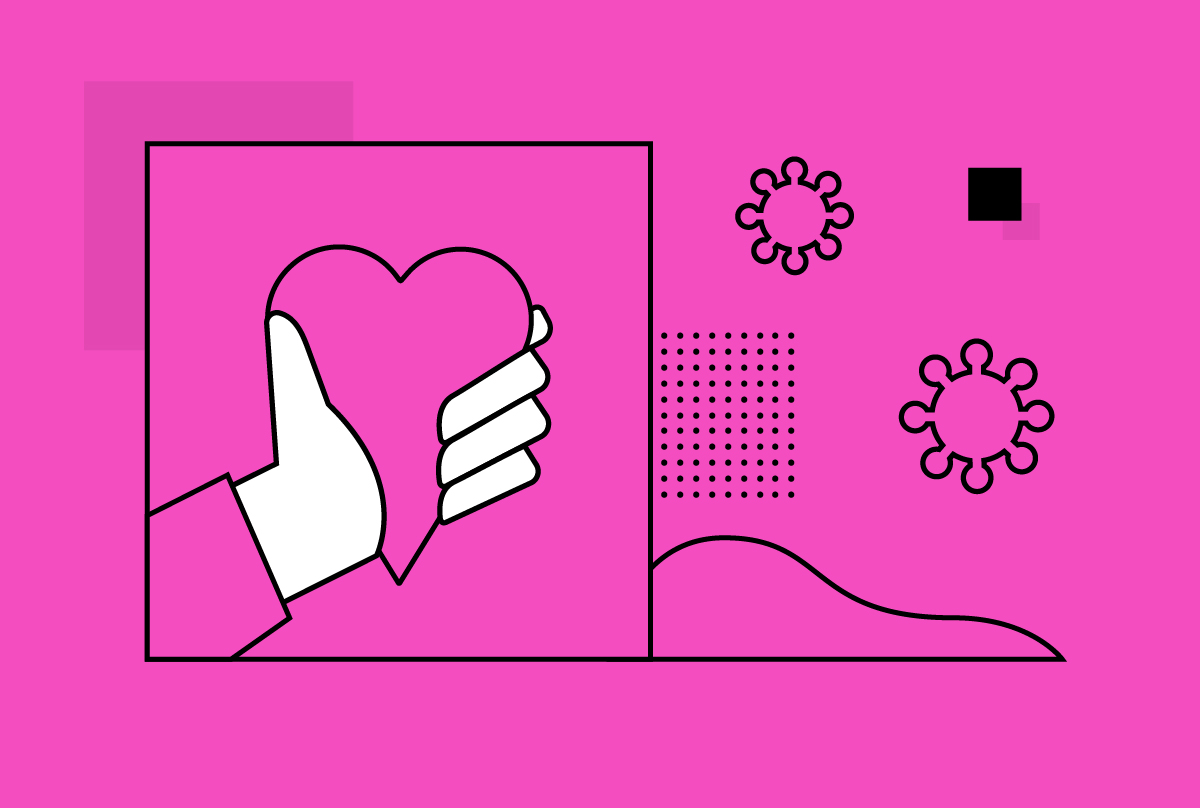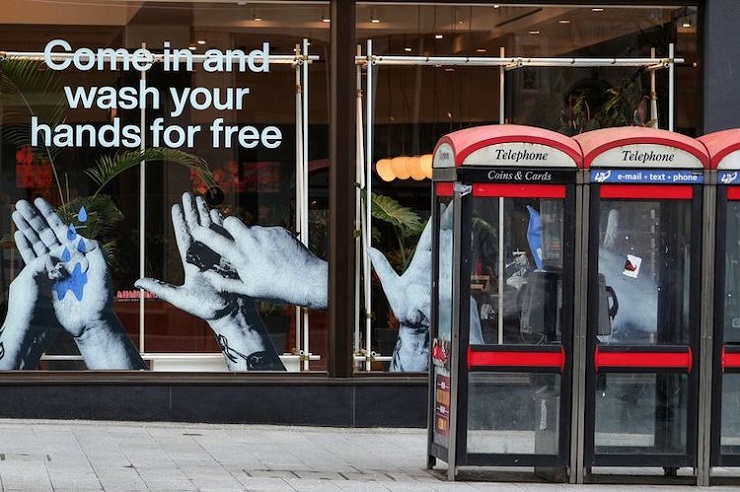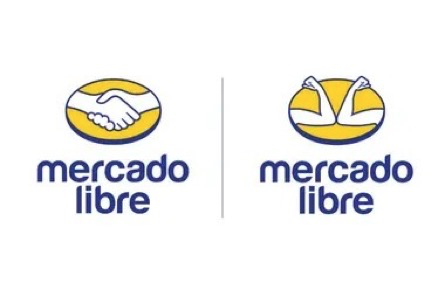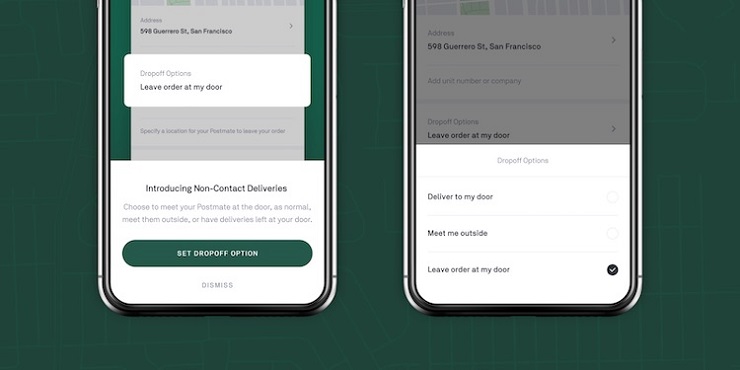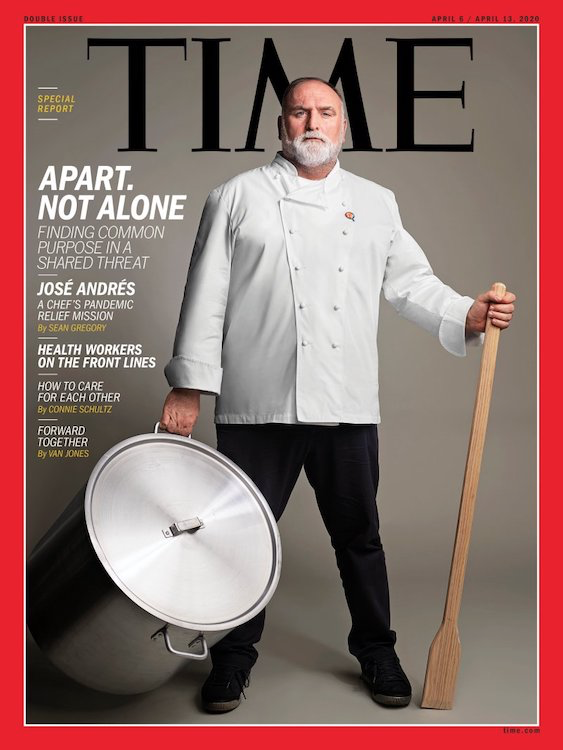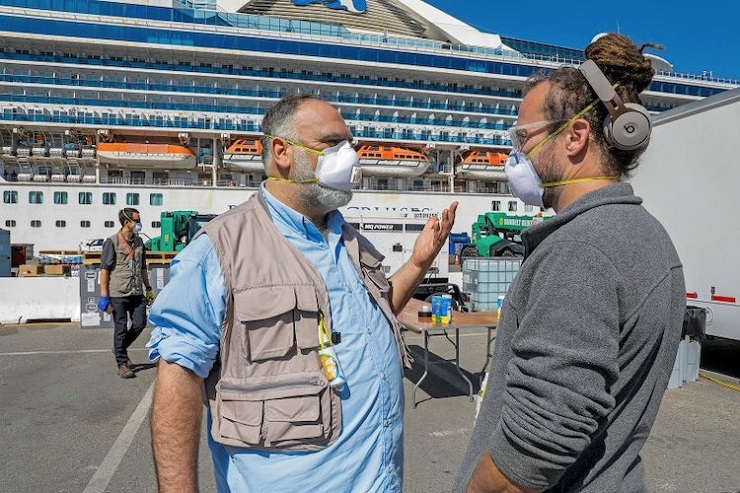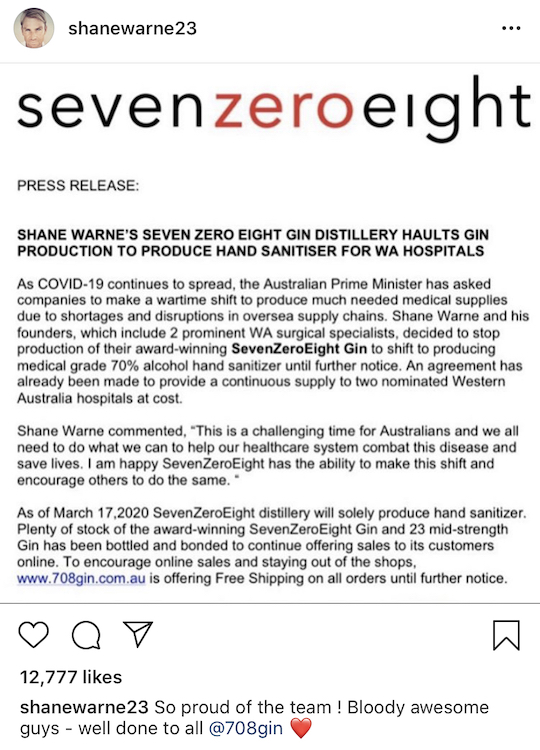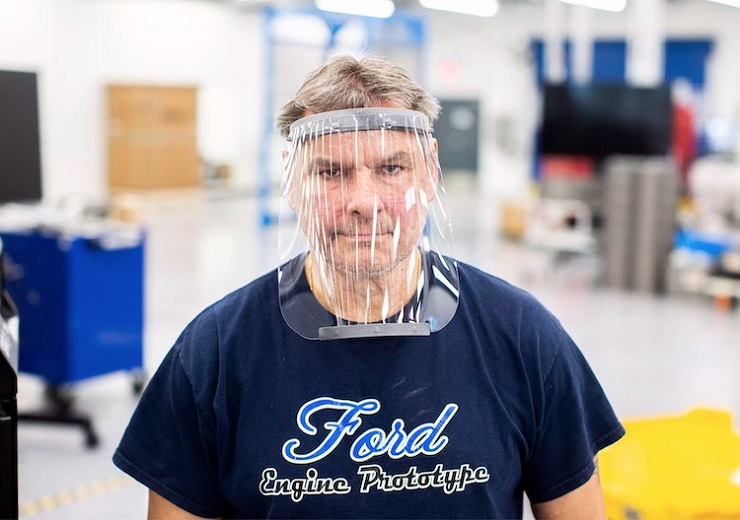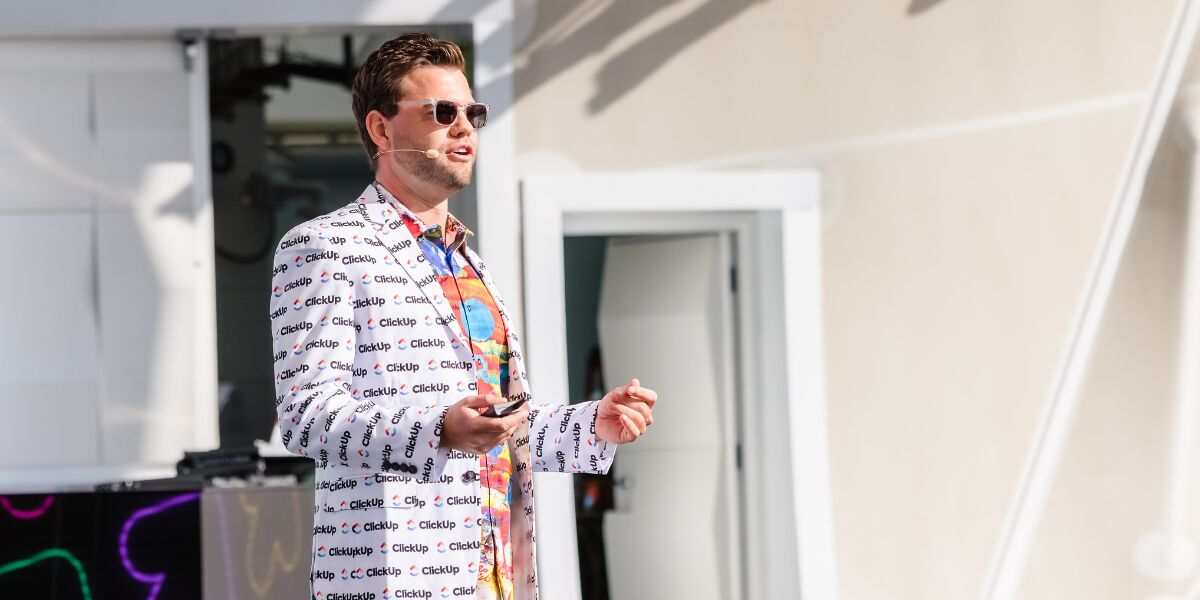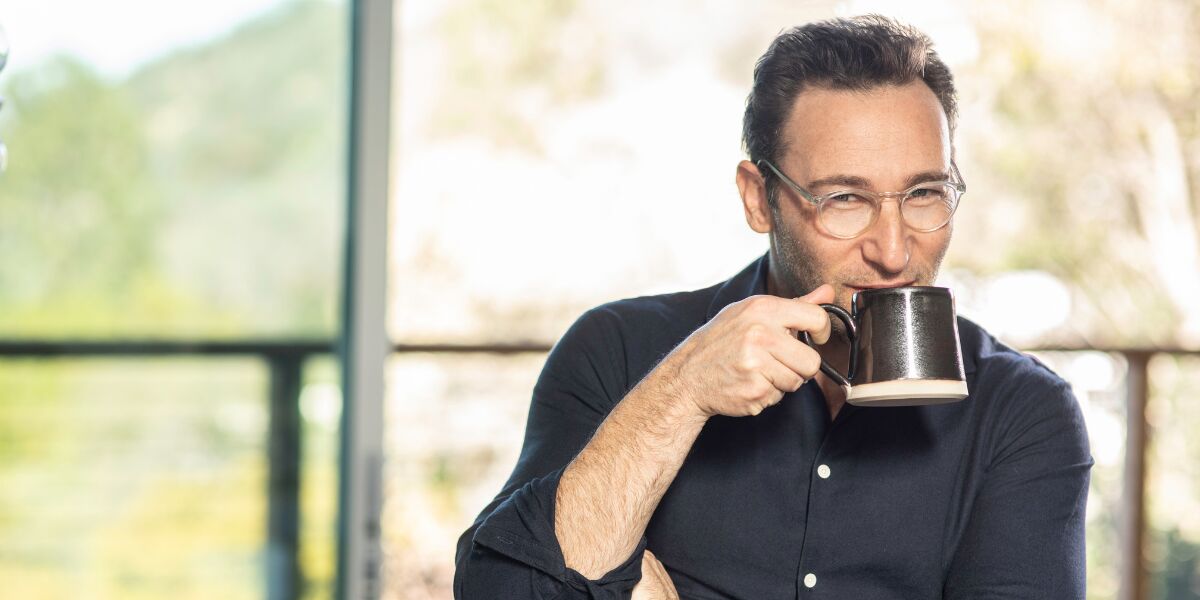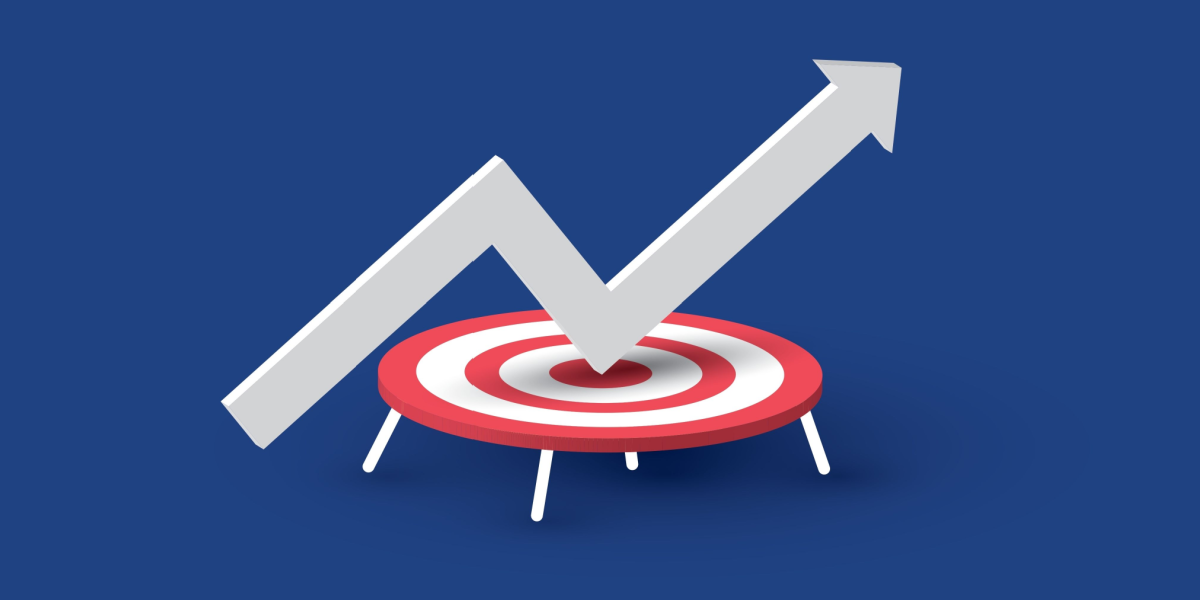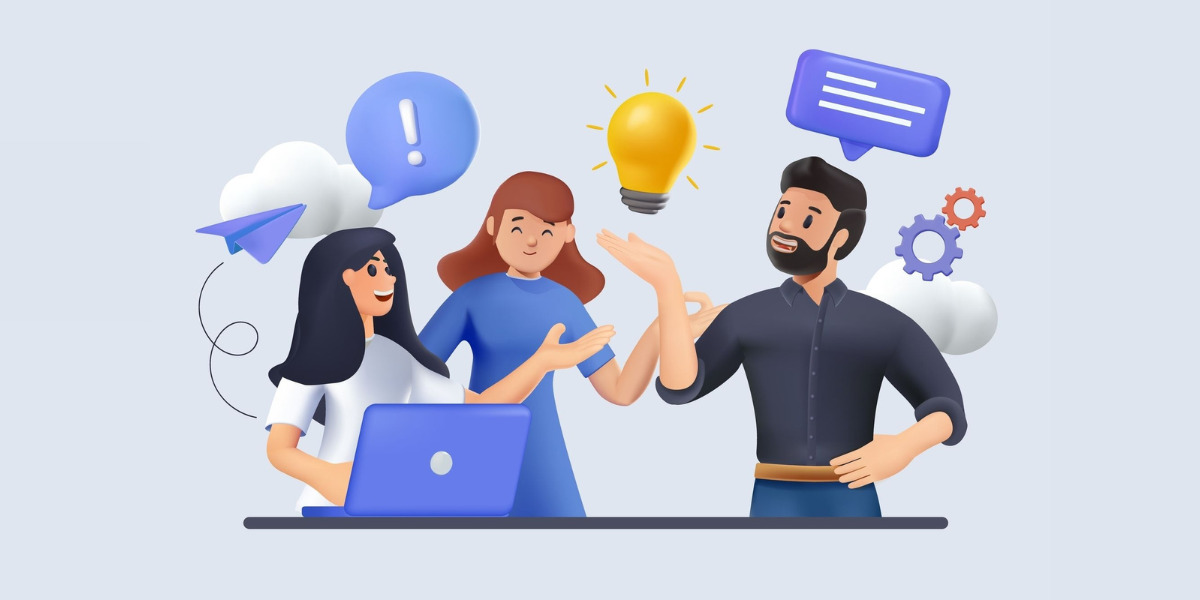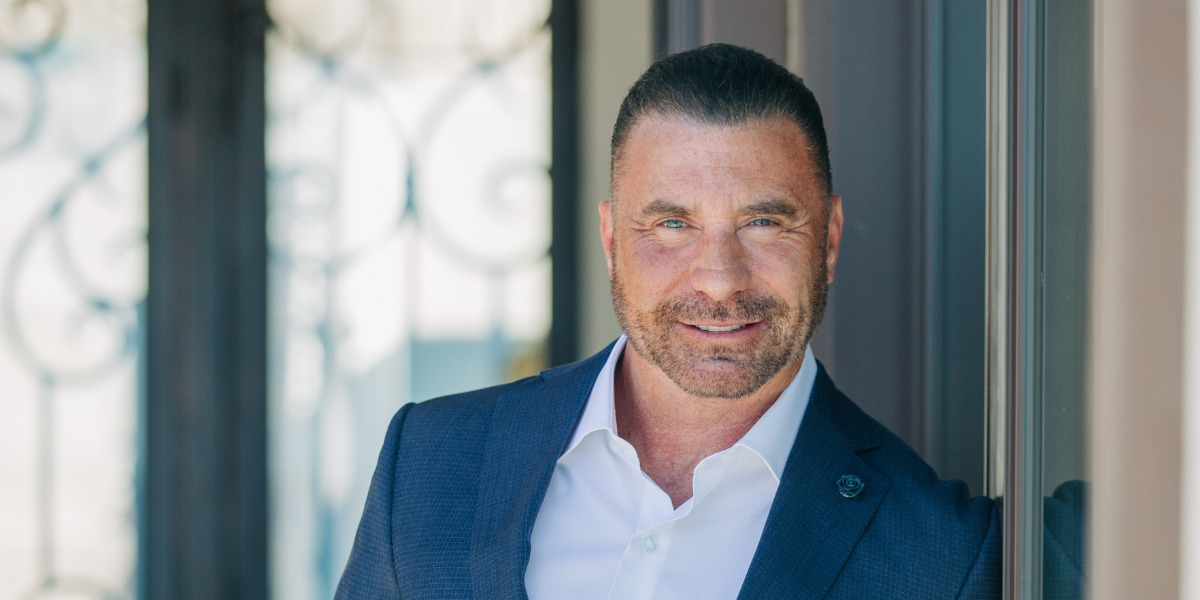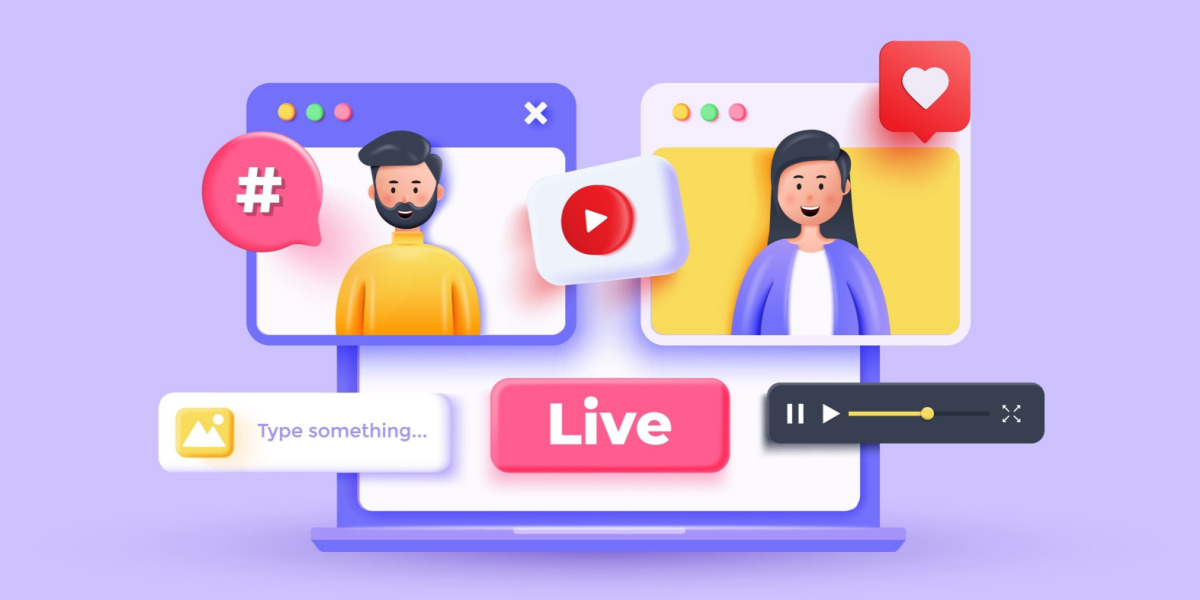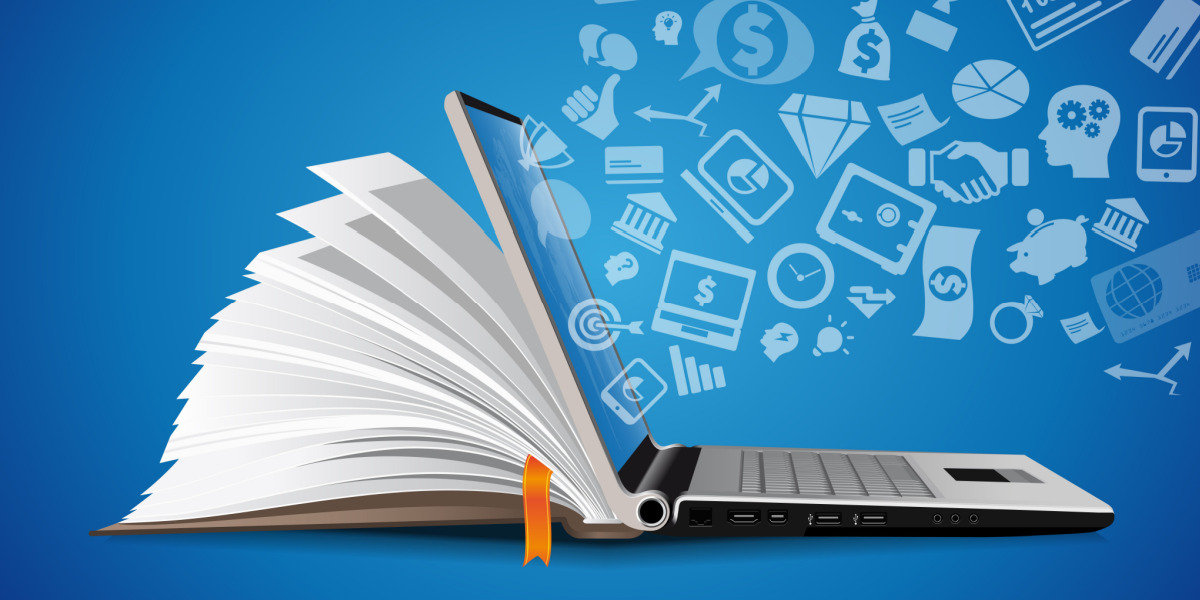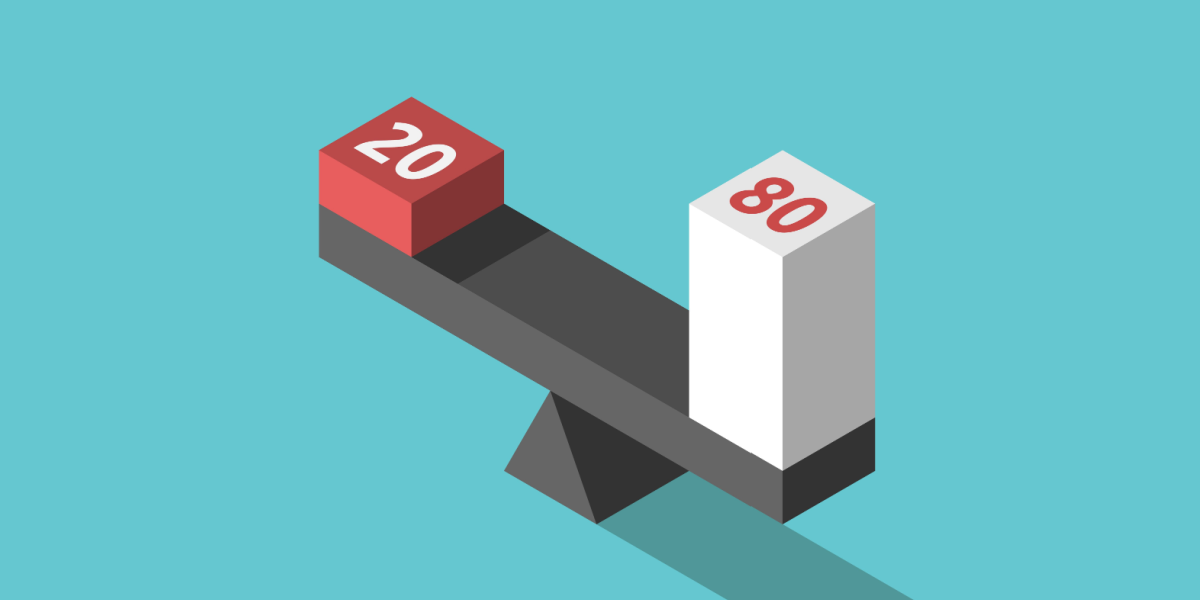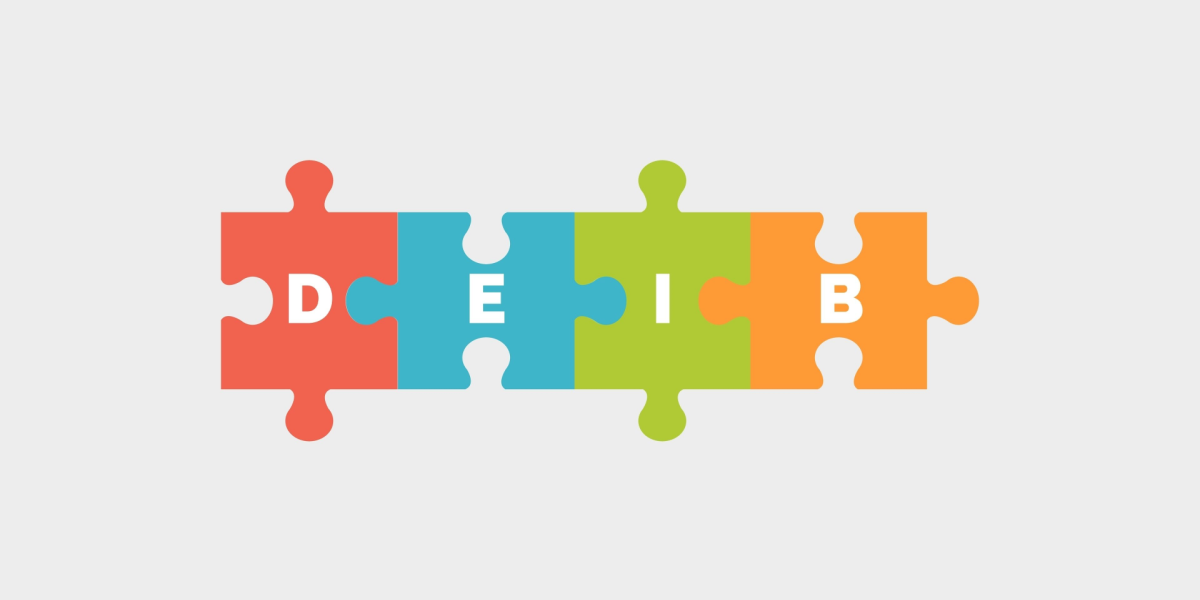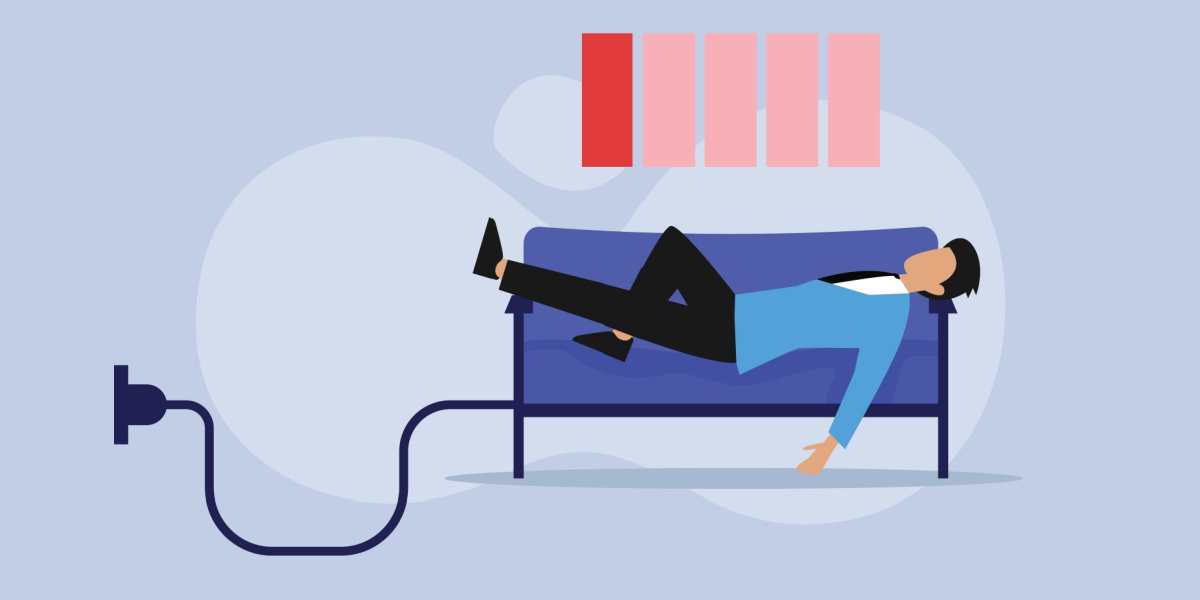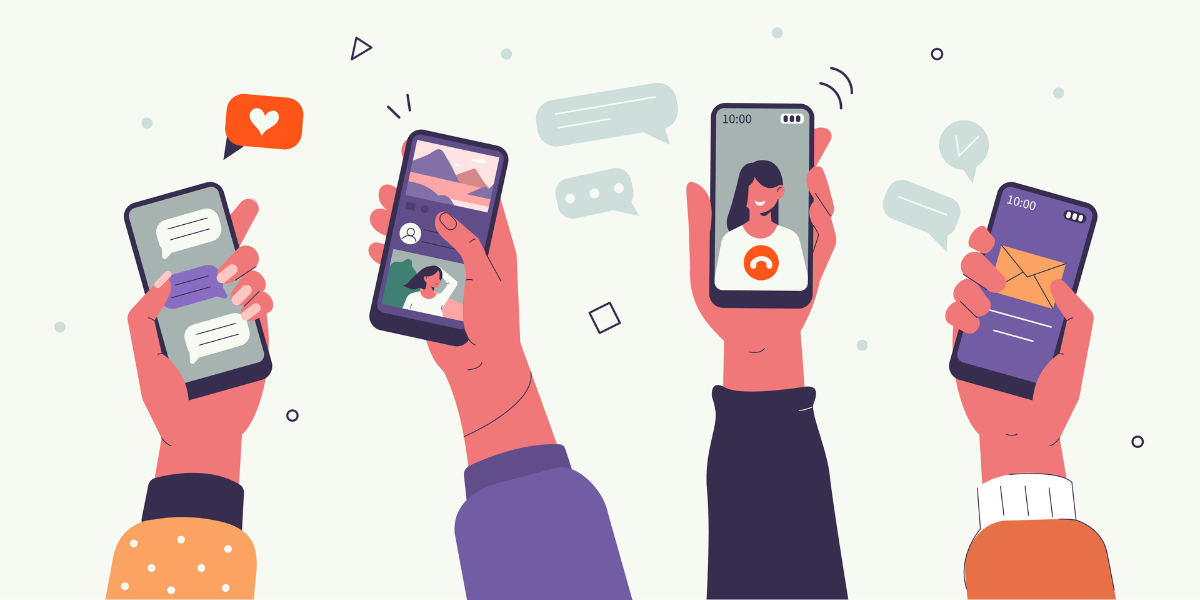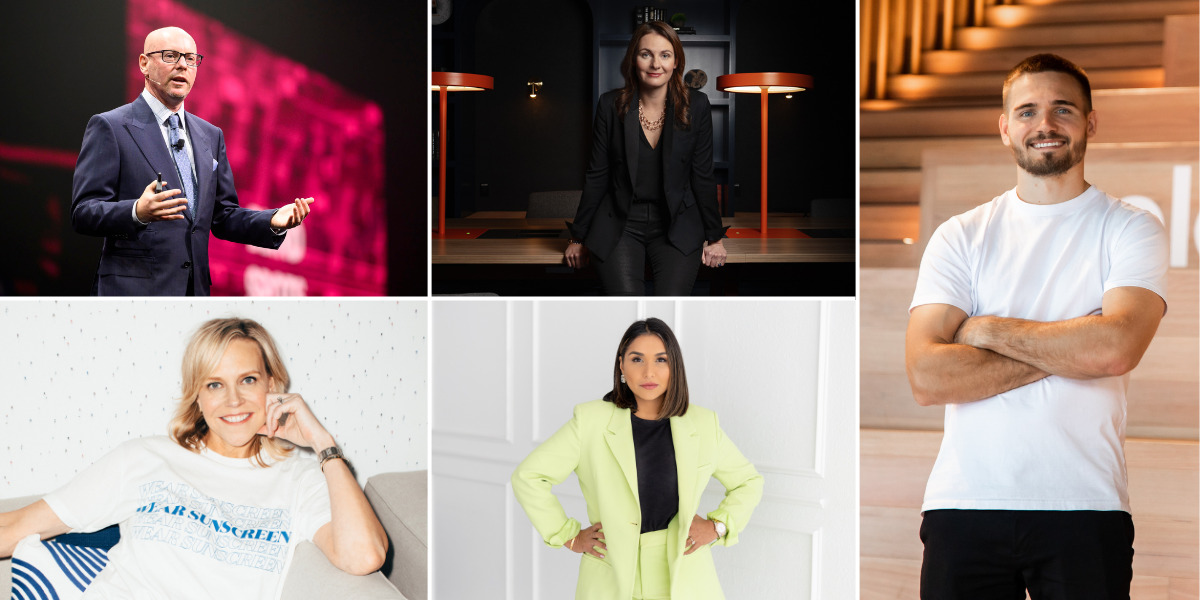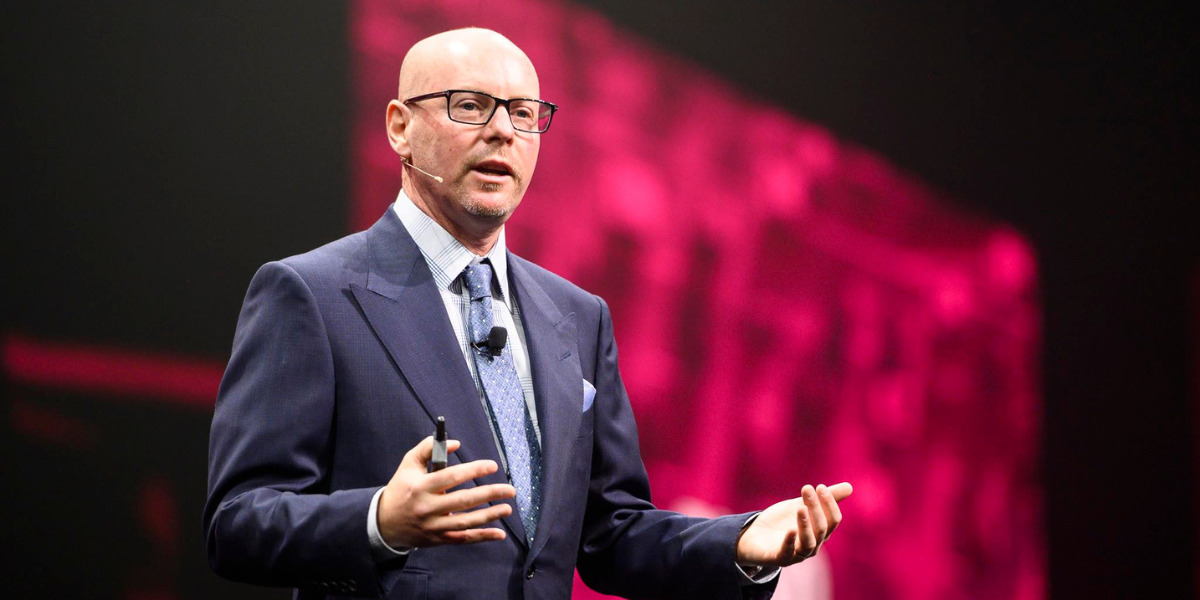Every nation in the world is feeling some pain right now, either from the coronavirus pandemic itself, or its impacts on the global economy. As a consequence of the economic downturn, online businesses are suffering as well. The less people work, the less people consume.
But no matter how hard your business may be hit by this (hopefully) temporary recession, your company can still take a positive approach to this difficult time by doing everything you can to help your audience overcome what they’re going through.
A recent survey done by Kantars confirmed this when they found that the one thing consumers want from brands during this crisis is their help. The top ways companies can communicate this include:
- Talking about how the brand is helpful in the new everyday (77%)
- Keeping them informed about the brand’s reaction to the new situation (75%)
- Offering a reassuring tone (70%)
Similarly, a study done by IPSOS found customers want brands to:
- Give comfort to their customers
- Help people pass time
- Perform acts of kindness
- Avoid being seen as opportunistic
Hard times can bring the best and the worst out of us, and amidst the chaos caused by the pandemic, many brands have stepped up to offer comforting, helpful solutions, just as these studies recommend.
I know your business is probably going through a hard time right now, but it’s important to remember that having a positive impact on others is an important way to cope with adversity, and to strengthen your bond with your community.
That’s why today, we want to inspire you to help others by showing you seven examples of brands that are helping the world during this crisis.
Lush
One of the responses that health organizations have highlighted during the pandemic is the importance of washing your hands more often. Not only that, they have been educating the public on how to do it right and for how long (approximately 20 seconds).
UK-based cosmetics giant Lush took this to heart as coronavirus began to spread globally, inviting the public into their stores to safely wash their hands for free.
A Lush spokeswoman explained: “We thought that offering our shops gives somewhere for the public to do this without having to seek out public toilets (a diminishing resource these days).”
The company also used its shop windows to promote the hand-washing guidelines as advised by the National Health Service, the organization that manages the British public health system, and other international health organizations.
Their goal wasn’t to make a profit from the sale of their cosmetics; all they wanted was to help build consciousness around the habit.
At the moment it is up to all of us to do what we can to prevent the spread of illness. The advice from authorities is to wash hands regularly, particularly before eating and to avoid touching your face. There will be no requirement to purchase anything – our soap, our sinks and our shops will be available for anyone to use as a free service.
Obviously, this type of approach does not only help their customers fight coronavirus; it also helps build trust and goodwill with their customers, something that may bring profitable results in the future. But by focusing on helping their customers, they ended up creating a wave of positive responses (the fact we’re writing about them is a proof of that).
Sadly, Lush ended up having to close its stores not long after, along with most other businesses seeking to protect their employees and curb the spread of the virus, and due to government dictating a broader shutdown. Despite this fact, it was a touching example of a large cosmetics company—indirectly related to the health industry—using its resources to improve awareness of the issue to its consumer base and the broader public.
Mercado Libre
For those of you who have never traveled to Latin America, Mercado Libre may sound more like the name of a Mexican restaurant than the major tech company in the region. But this, my friend, is far from the truth.
Dubbed “the Ebay of Latin America,” Mercado Libre boasts 280 million registered users out of 644 million Latin Americans and their product line includes the most popular online marketplace, the biggest payment processor, and more.
As the most influential tech company in the region, Mercado Libre discounted every pharmaceutical product on their platform. By doing so, they made sure no seller could take advantage of the crisis and increase their prices.
They also announced that they would forbid sellers to increase the prices on products in that category above the market value.
And they even took steps to delete all information on the site that indicated that hand sanitizer and face masks “prevent,” “improve,” or “cure” coronavirus.
Another sign of solidarity came from the company’s new (and hopefully temporary) logo. Traditionally, Mercado Libre’s logo is an image of shaking hands, but they changed it to reflect unity without shaking hands, a new behavior adopted to lower the chances of contagion.
The change was accompanied by the message: “Together. Hand in hand, or not.”
Postmates
One of the most effective precautions implemented by governments throughout the world has been social distancing.
All of a sudden, the entire foundation of modern society—built upon physical contact and proximity—was put on hold. Undoubtedly, this has had an economically destructive effect, but it has been proven to work to keep the disease in check (and save lives, which actually helps the economy in the long term).
Most brick-and-mortar businesses can’t do anything about this—they’re forced to close shop until the crisis is over. But some businesses, especially the online delivery companies that have seen major increases in app downloads and revenue, can still work while maintaining social distance.
The first large food delivery company to respond with new health and safety policies in its delivery service was Postmates.
On March 6th, weeks before the US Government called for targeted policies against the disease, Postmates introduced dropoff delivery options. This meant their customers were given the option to have deliveries left at the door.
Soon after, all other food delivery services followed suit, including Deliveroo, Uber, and Takeaway.com. Thanks to their new delivery policy, consumers can still spend their money helping local restaurants while protecting their health.
Ever since the Cambridge Analytica scandal broke in early 2018, Facebook has been under fire over the way they manage their users’ data. This crisis sparked a huge change in the perception of the company in the eyes of its users, going from the young startup everybody wanted to see succeed to a company openly distrusted by its own users.
In the midst of the pandemic, however, Facebook decided to step up and do the right thing, proving once again they can still be a socially responsible company that cares for its customers.
In the past few weeks, Facebook has taken aggressive steps to help health organizations communicate with its user base. So far, Facebook has pledged unlimited ad credits to the World Health Organisation for related outreach as well as the Centers for Disease Control and Prevention (CDC), UNICEF, and national ministries of health.
Mark Zuckerberg has also pledged to match $10 million in donations to support Covid-19 relief efforts while also donating $25 million to support healthcare workers on the frontlines.
Facebook has also developed a $100 million grant program intended to help small businesses stay afloat.
As in many crises, there have been a lot of rumors and “fake news” being created and widely shared. This has represented a risk to both governments and health organizations.
For that reason, Facebook has ensured its users that they will have access to accurate information through the use of educational pop-ups on top of search results, which lead them to expert health organizations including the World Health Organization (WHO).
And finally, they implemented a new policy “prohibiting ads for products that refer to the coronavirus in ways intended to create a panic or imply that their products guarantee a cure or prevent people from contracting.”
While it’s hard to know whether Facebook will improve its overall public image, these actions will likely help win back the trust of some users, and even help in society’s fight against the pandemic.
José Andrés
One of the worst short-term consequences of the worldwide lockdown is that there has been a huge increase in job losses, which by some dire estimates will reach almost 50 million in the US alone.
Most middle-class workers will make it through, just like they did 12 years ago during the financial meltdown. But the economically vulnerable are already having a hard time bringing food to their tables.
To José Andrés, a Spanish-American celebrity chef with over a dozen restaurants in half a dozen cities throughout the US, this was his call to action. Besides being a 2-Michelin Star restaurant owner, he’s also a renowned humanitarian responsible for founding World Central Kitchen, a nonprofit that provides meals in the wake of natural disasters to those in danger.
In the past, the organization has launched feeding missions in 13 countries, serving some 15 million meals with more than 45,000 volunteers involved. This earned him a nomination for the 2019 Nobel Peace Prize and an award for the National Humanities Medal.
During this crisis, World Central Kitchen (WCK) was in charge of feeding the passengers of the infected Grand Princess cruise by forklifting fresh meals to both passengers and crew.
Andrés has also announced that he will transform eight of his New York and Washington, DC, restaurants into community kitchens for those struggling during the pandemic.
As of March 25, World Central Kitchen has worked with partners to coordinate delivery, via 160 distribution points, of more than 150,000 safe, packaged fresh meals for families in major US cities as well as Madrid.
A few days before, Andrés drove around DC giving out more than 13,000 N95 respirator masks to health care workers fighting Covid-19 in the trenches.
SevenZeroEight
The Covid-19 pandemic generated a spike in the demand of two rather uncommon hygiene products: face masks and hand sanitizers.
As always happens in these situations, consumers reacted with panic, hoarding these products en masse, which caused the prices to increase while the availability to decrease (and that excludes the common speculative moves from unkind people who are always ready to profit from these types of crises).
Both hand sanitizer and face mask manufacturers can’t keep up with the demand, so to overcome this, certain companies have started to take the lead.
Hand sanitizer, while not hard to manufacture, requires alcohol, which has become hard to acquire. That’s unless you actually manufacture alcohol yourself—and who else does that better than liquor distillers?
SevenZeroEight is an Australian premium gin manufacturer founded by the legendary sportsman, Shane Warne. Due to the shortage of hand sanitizers, Warne recently announced that he, along with the other two founders, had shifted their production towards medical grade, 70% alcohol hand sanitizer until further notice.
This is a challenging time for Australians and we all need to do what we can to help our healthcare system combat this disease and save lives. I am happy SevenZeroEight has the ability to make this shift and encourage others to do the same.
The company also announced that an agreement had already been made to provide a continuous supply to two Western Australia hospitals at cost.
Ford
Next to hand sanitizers, face masks are a key element for health practitioners to keep themselves from getting infected. And just as with hand sanitizer, face masks have been in high demand since the pandemic started.
An alternative solution, likely more effective in some situations and offering additional advantages, is wearing a protective shield. Such shields are used in many fields, from radiation-exposed workers to industrial workers. And one company that knows about industrial production is the American car behemoth, Ford.
Recently, Ford decided to mass 3D-print face shields. The first 1,000 shields shipped to local Michigan hospitals, while 5,000 others were sent to a California hospital.
From their initial estimation of 75,000 shields produced per week, their output ended up being 10 times that, as reported by CNBC. Not everything is bad news, after all.
Ford also had over 200,000 N95 masks—the most effective and therefore popular face masks—which it donated to the medical community.
Ford has also indicated that for US customers who purchased or leased one of its cars and have been impacted by Covid-19, the company will “discuss options if they are having payment difficulty. For example, they may be able to change a payment due date or delay a payment.” Ford Credit, the financial arm of the company, is offering a similar program that gives its customers who buy new vehicles the option to delay their first payment for 90 days.
To bring calm in the face of financial stress, Ford accordingly shifted its product-focused American marketing materials (e.g., billboards) to brand communications promoting this credit relief program.
Ford wasn’t the only car manufacturer using their scale and know-how to help with the crisis. Companies from General Motors to Lamborghini to Chinese-based BYD have done the same, manufacturing face masks as well as ventilators and other key products to distribute in their countries.
This kind of situation hasn’t been seen since WWII, when American car manufacturers shifted to manufacturing over 100 million artillery shells, 38,000 tanks, 206,000 aircraft engines, and more. What President Franklin Roosevelt called “the arsenal of democracy,” some have renamed “the arsenal of health.”
This parallel between a time of war, when humanity was destroying itself, and a time when its descendants are now cooperating with each other to save lives is a beautiful way to think of how much society has progressed.
Wrap Up
Undoubtedly, there’s a very long way to go before we recover from this crisis—and many steps to take to prevent future outbreaks—but for now, we can take some comfort in the selfless work happening in businesses like these.
As all these brands demonstrate, this is the time for businesses to do the right thing. It’s a time to help others.
At the same time, be sure to maintain proactive and frequent communication with your customers. Be authentic in your interest in helping others. If you don’t want to or can’t help your customers—because your company is facing a harsh financial reality, because you are facing personal challenges—then don’t do anything. But if you can—and you should—help others, then do everything in your power.
When this crisis becomes a thing of the past, your customers will remember those who stood by them and those who didn’t. Make sure your brand is on the right side of history.
